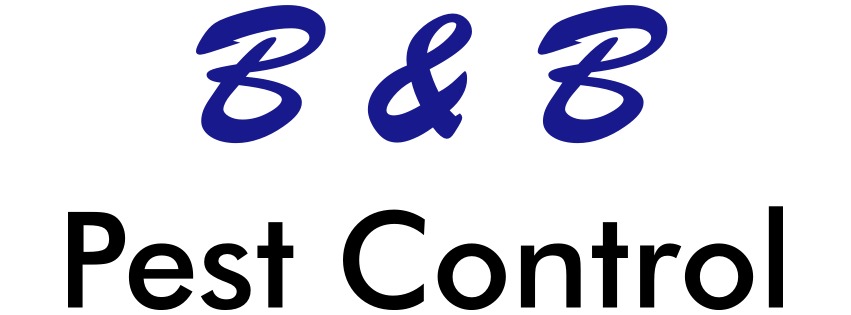The fact that tick-borne diseases are increasing dramatically within the United States is not news to anybody. However, the problem with ticks is more serious than a mere increase in tick-borne infection rates. Of course, the most well known tick-borne disease, lyme disease, has been infecting more people each year. In fact, the rate of lyme disease infections in America has quadrupled since 1990. What is also troubling, is the rate at which other forms of tick-borne diseases are infecting Americans. The data shows that the rate of other tick-borne diseases are increasing even more rapidly than lyme disease rates. Ten years ago only a dozen people contracted the tick-borne meat allergy, and it was dismissed as an insignificant disease at the time, but now, more than five thousand Americans have contracted this meat allergy from tick bites. The most troubling aspect of the current tick crisis is the speed at which new forms of tick-borne pathogens are emerging. Amazingly, since 2004, seven new types of tick-borne diseases have been documented in humans. Unfortunately, scientists cannot yet conclusively determine the exact causes of the growing rate of tick-borne infections in America. Tick populations are exploding at a rate that could spell serious trouble for future generations in America.
Scientists believe that several factors are responsible for the recent tick population booms. These factors include climate change, urban sprawl, and deforestation, just to name a few. According to Rick Ostfeld of the Cary Institute of Ecosystem Studies in Millbrook, New York, tick surveillance and tick management efforts have not been able to keep up with the rapidly growing tick populations in America. This makes sense considering that tick surveillance programs are not publicly funded. Luckily this will soon change, as Ben Beard, chief of the CDC’s bacterial diseases branch, claims that the Health Department is working more closely with the CDC in order to create a more centralized tick surveillance program that calls for interagency cooperation. For the time being, individual citizens are responsible for protecting themselves from ticks and the diseases that many of them carry, but soon, tick control will become a public health matter to be handled by the American Government.
Given the current trends, are you concerned about contracting a tick-borne disease?

